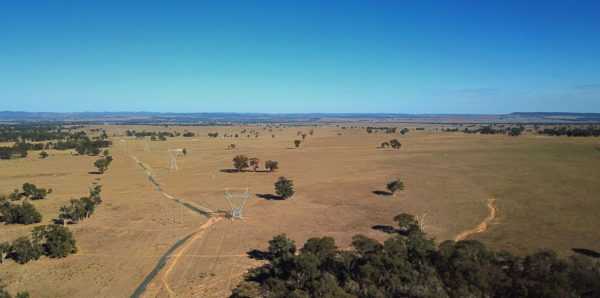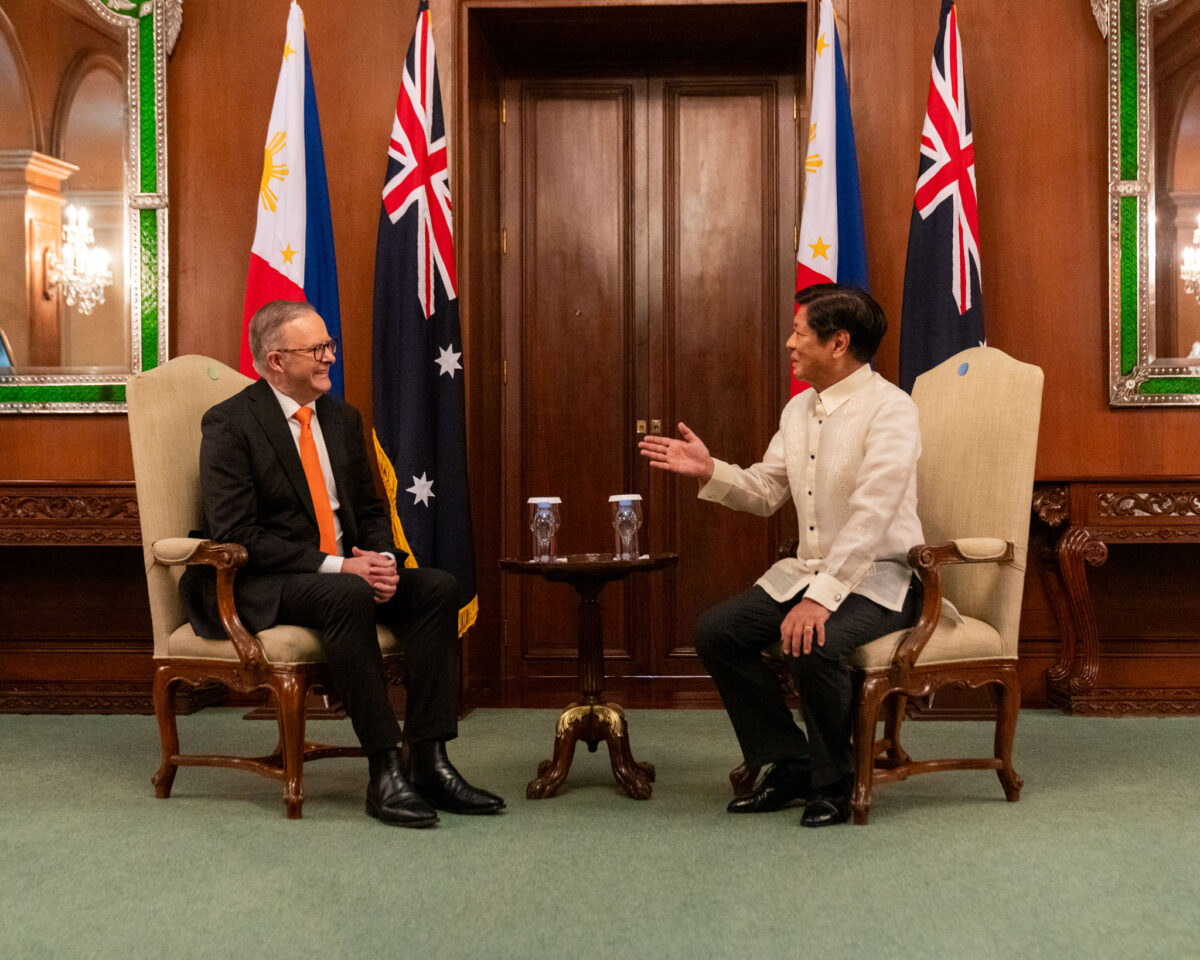ACEN Corporation, owned by Ayala Group, is deepening its involvement in Australia’s renewables sector, with the company’s president and CEO, Eric Francia, confirming the Philippines-based company will triple its investment here from the current $2 billion to $6 billion over the next three years.
The commitment followed Australian prime minister, Anthony Albanese’s, trip to the Philippines last week where he met with Eric Francia and signed a strategic partnership agreement with the nation’s president, Ferdinand Marcos Jr.
“I met Eric Francia, the CEO of ACEN, an energy company focusing on renewables,” Albanese said. “They currently have $2 billion of investment in Australia. They have a large presence in New England region, in Tasmania, as well as investment coming in Western Australia in the Pilbara.”

Image: ACEN Australia
“They expect that investment to increase to $6 billion in three years – a substantial investment in Australian renewables, putting online something like three gigawatts [ 3 GW] of additional capacity in the Australian energy market,” the prime minister added.
ACEN’s CEO later confirmed these figures, adding: “our projects are particularly reliant on the Central West Orana renewable energy zone and the Marinus Link transmission projects, among others.”
While Marinus Link has long been controversial, and recently had its scope downgraded, concerns over New South Wales’ (NSW) renewable energy zones are emerging with the new state government raising the alarm that the zones, the bedrock of the state’s decarbonisation roadmap, are already delayed and facing cost blowouts. ACEN says it has over 1 GW of solar capacity in operations and under construction in NSW already.
Coming back to the growing ties between Australia and its neighbours, prime minister Albanese has been on tour in Southeast Asia these last weeks, kicking his journey off in Indonesia where he met Indonesian President Joko Widodo to forge closer economic ties in the transition to clean energy, as well as Indian prime minister Narendra Modi.
It will mean closer cooperation on defence, more trade, and stronger bonds between our peoples.
More Filipinos and Australians will be able to work in each other’s countries. pic.twitter.com/1BMXsBHfCD
— Anthony Albanese (@AlboMP) September 8, 2023
The strategic partnerships with both Indonesia and the Philippines come off the back of Australia’s Southeast Asia Economic Strategy to 2040.
ACEN in Australia
ACEN Corporation has had a busy year in Australia, finalising its acquisition of UPC\AC Renewables Australia in February, resulting in it taking full ownership of the planned 720 MW New England and 400 MW Stubbo solar farms. The acquisition also saw it take control of UPC/AC’s development pipeline which reportedly has more than 8 GW of solar, wind, pumped hydro, and energy storage planned in Australia.
In January, the company also announced it had signed a green term-loan facility with a syndicate of major international banks worth $277 million as part of its ambition to raise more than $600 million to help grow its renewables capacity in Australia and the broader Asia-Pacific region to 20 GW by 2030.
At the time, the company said it had more than 1.5 GW of projects across NSW, Tasmania, Victoria and South Australia “under construction or at an advanced stage of development.”
In total, ACEN has approximately 4 GW of generation capacity in the Philippines, Vietnam, Indonesia, India, and Australia, an estimated 87% of which is from renewables.
This content is protected by copyright and may not be reused. If you want to cooperate with us and would like to reuse some of our content, please contact: editors@pv-magazine.com.









By submitting this form you agree to pv magazine using your data for the purposes of publishing your comment.
Your personal data will only be disclosed or otherwise transmitted to third parties for the purposes of spam filtering or if this is necessary for technical maintenance of the website. Any other transfer to third parties will not take place unless this is justified on the basis of applicable data protection regulations or if pv magazine is legally obliged to do so.
You may revoke this consent at any time with effect for the future, in which case your personal data will be deleted immediately. Otherwise, your data will be deleted if pv magazine has processed your request or the purpose of data storage is fulfilled.
Further information on data privacy can be found in our Data Protection Policy.